Janning Trumann - Echo (2024)
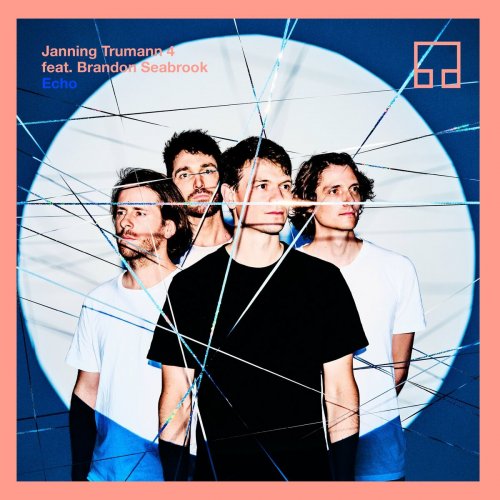
Artist: Janning Trumann
Title: Echo
Year Of Release: 2024
Label: Tangible Music
Genre: Jazz
Quality: FLAC (tracks)
Total Time: 42:44 min
Total Size: 239 MB
WebSite: Album Preview
Tracklist|Title: Echo
Year Of Release: 2024
Label: Tangible Music
Genre: Jazz
Quality: FLAC (tracks)
Total Time: 42:44 min
Total Size: 239 MB
WebSite: Album Preview
01. For A Reason
02. Seasons #5
03. Echo
04. Shift
05. Brach
06. Watt
07. Amoresque
The quartet of the Cologne trombonist and composer Janning Trumann has long been one of the immovable greats of German jazz life. The busy bandleader is best known for the unique elegance and depth of his tone, which is congenially played around, supported and featured by pianist and keyboardist Lucas Leidinger, bassist Florian Herzog and drummer Tobias Sauerborn. Trumann thinks the collective, and the collective plays Trumann. And now this! On the new album “Echo”, Janning Trumann expands his band to include New York guitarist Brandon Seabrook, who seems to be the absolute opposite of everything that Trumann has stood for and stands for with his music.
Brandon Seabrook is a typical child of the Brooklyn music scene. He is rebellious, brittle, crazy and finds his own hinges between a thousand forms of existence of tradition and avant-garde. He was able to make an international name for himself in bands such as Mostly Othe People Do The Killing and the Jazz Passengers and was also involved in various rock and folk productions such as Anaïs Mitchell's “Hadestown”. But he also always causes a stir with his own projects. In 2014, on his record “Sylphid Vitalizers,” he layered up to 13 banjos on top of each other to create a kind of sophisticated hyperbanjo that was far removed from any country romanticism. Brandon Seabrook always swims against the current at full power until the current turns and swims with him. And of all people, this pathological non-formist now becomes the musical partner of Janning Trumann, the master of musical commitment? Why?
The answer is very simple: for all the reasons mentioned. Trumann and his band have long since left their unmistakable fingerprint. They know what the audience can rightly expect from them. But do they want to live up to this expectation until the end of their days? On “Echo” Trumann puts an unmistakable NO into the room. From the very first note it becomes clear that the music of the Janning Trumann Quartet is enriched by Brandon Seabrook with corners, edges and breaking points, the sound comes across as sharper and rougher, internal contrasts are brought out more clearly and the sound palette expands to include some shrill colors.
Janning Trumann ventures far out of his own comfort zone, and that is exactly what is intended by inviting his complementary guest. This collaboration doesn't come out of the blue, because the two thoroughbred musicians already got to know and appreciate each other during Trumann's time in New York. “I also love this intuitive and eruptive game that Brandon often masters seemingly out of nowhere,” enthuses Trumann. “When he just shreds his stuff into a context, that's exactly the effect I was looking for. I wanted to break up the quartet's thinking with someone who would go against it unhindered. We don’t have to tell him what to do, he just does it.”
This aspect described by Trumann came into its own during the recording of “Echo” as the band and Seabrook had to go into the studio completely without rehearsing due to immense train delays. The five musicians made a virtue of necessity and jumped into the deep end together. This doesn't detract from the music at all. On the contrary, it brings Trumann's conceptual intentions to bear even more clearly than planned. But the Cologne native is not just a musician who lives in the moment, but also a thought leader. Even when he was laying out the pieces, he anticipated Seabrook's breakneck style and anarchistic approach to music and arranged the garden in such a way that the guitarist could work to his full potential in it. The result is astonishing. Because as radical as the New Yorker sticks to himself and his maxims and as often as you think to yourself, what is he actually doing, he also gets very involved in the band's communication.
This meta-level of new togetherness means that the contours of the band's music are much less sharply defined than one is used to from Janning Trumann. His signature as a composer remains intact, but the sounds of trombone, guitar and keyboards often flow into one another in such a watercolor-like manner that the ear can hardly separate them from each other. Trumann himself felt even more challenged by this phenomenon to step up his game in order to audibly assert himself in the overall sound. “Something new is happening here,” he exclaims enthusiastically, “the classic allocation of roles no longer exists. Everyone has to get out of the usual position of playing in a quartet and move forward a little more. That's why I have to come out of myself more. And I notice that I’m gripping the sound a little bit harder to get through it.”
Brandon Seabrook is a typical child of the Brooklyn music scene. He is rebellious, brittle, crazy and finds his own hinges between a thousand forms of existence of tradition and avant-garde. He was able to make an international name for himself in bands such as Mostly Othe People Do The Killing and the Jazz Passengers and was also involved in various rock and folk productions such as Anaïs Mitchell's “Hadestown”. But he also always causes a stir with his own projects. In 2014, on his record “Sylphid Vitalizers,” he layered up to 13 banjos on top of each other to create a kind of sophisticated hyperbanjo that was far removed from any country romanticism. Brandon Seabrook always swims against the current at full power until the current turns and swims with him. And of all people, this pathological non-formist now becomes the musical partner of Janning Trumann, the master of musical commitment? Why?
The answer is very simple: for all the reasons mentioned. Trumann and his band have long since left their unmistakable fingerprint. They know what the audience can rightly expect from them. But do they want to live up to this expectation until the end of their days? On “Echo” Trumann puts an unmistakable NO into the room. From the very first note it becomes clear that the music of the Janning Trumann Quartet is enriched by Brandon Seabrook with corners, edges and breaking points, the sound comes across as sharper and rougher, internal contrasts are brought out more clearly and the sound palette expands to include some shrill colors.
Janning Trumann ventures far out of his own comfort zone, and that is exactly what is intended by inviting his complementary guest. This collaboration doesn't come out of the blue, because the two thoroughbred musicians already got to know and appreciate each other during Trumann's time in New York. “I also love this intuitive and eruptive game that Brandon often masters seemingly out of nowhere,” enthuses Trumann. “When he just shreds his stuff into a context, that's exactly the effect I was looking for. I wanted to break up the quartet's thinking with someone who would go against it unhindered. We don’t have to tell him what to do, he just does it.”
This aspect described by Trumann came into its own during the recording of “Echo” as the band and Seabrook had to go into the studio completely without rehearsing due to immense train delays. The five musicians made a virtue of necessity and jumped into the deep end together. This doesn't detract from the music at all. On the contrary, it brings Trumann's conceptual intentions to bear even more clearly than planned. But the Cologne native is not just a musician who lives in the moment, but also a thought leader. Even when he was laying out the pieces, he anticipated Seabrook's breakneck style and anarchistic approach to music and arranged the garden in such a way that the guitarist could work to his full potential in it. The result is astonishing. Because as radical as the New Yorker sticks to himself and his maxims and as often as you think to yourself, what is he actually doing, he also gets very involved in the band's communication.
This meta-level of new togetherness means that the contours of the band's music are much less sharply defined than one is used to from Janning Trumann. His signature as a composer remains intact, but the sounds of trombone, guitar and keyboards often flow into one another in such a watercolor-like manner that the ear can hardly separate them from each other. Trumann himself felt even more challenged by this phenomenon to step up his game in order to audibly assert himself in the overall sound. “Something new is happening here,” he exclaims enthusiastically, “the classic allocation of roles no longer exists. Everyone has to get out of the usual position of playing in a quartet and move forward a little more. That's why I have to come out of myself more. And I notice that I’m gripping the sound a little bit harder to get through it.”
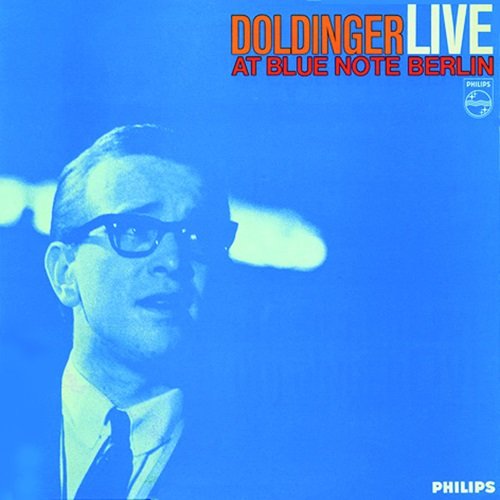
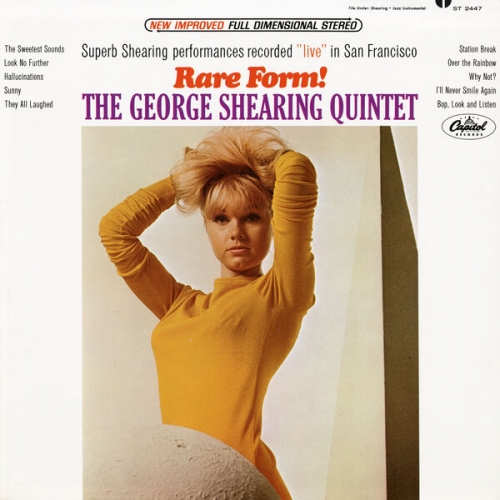
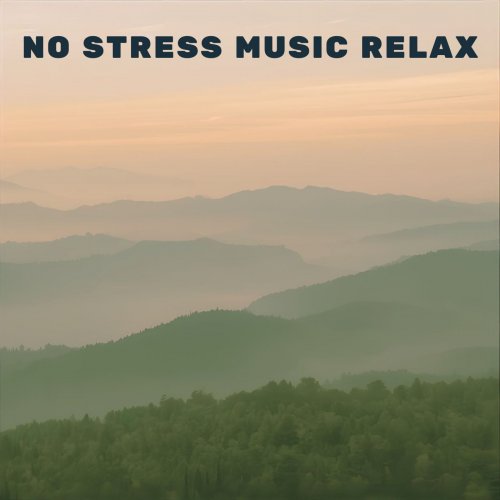
![Antonio Faraò & Stéphane Belmondo - Do it! (2026) [Hi-Res] Antonio Faraò & Stéphane Belmondo - Do it! (2026) [Hi-Res]](https://www.dibpic.com/uploads/posts/2026-02/1772037177_1.jpg)
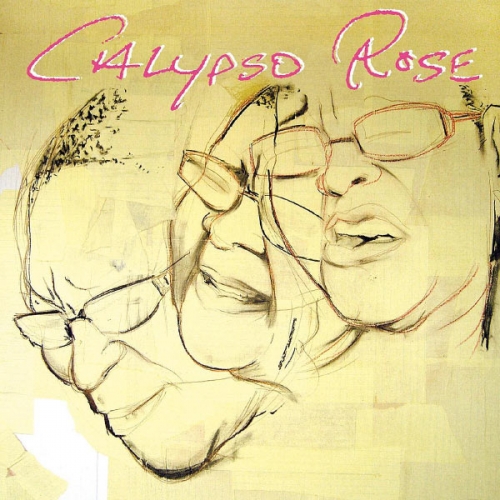
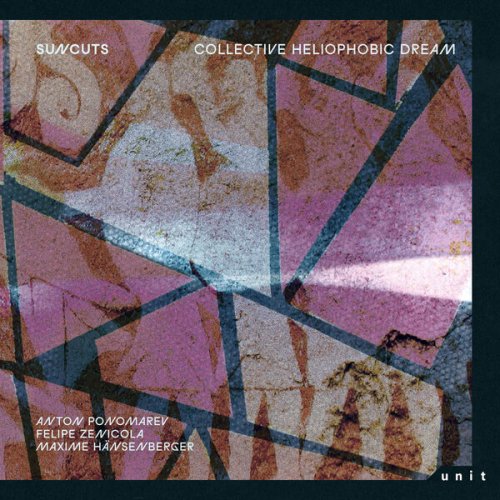
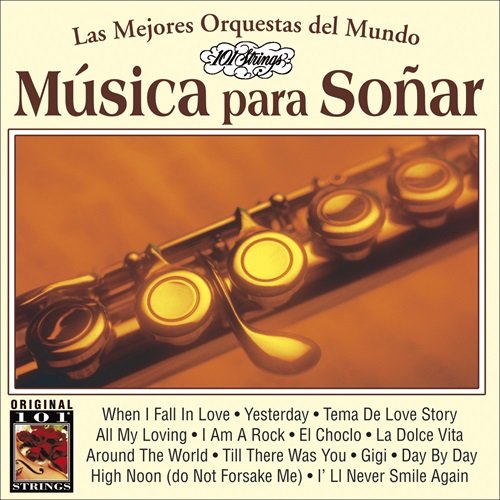
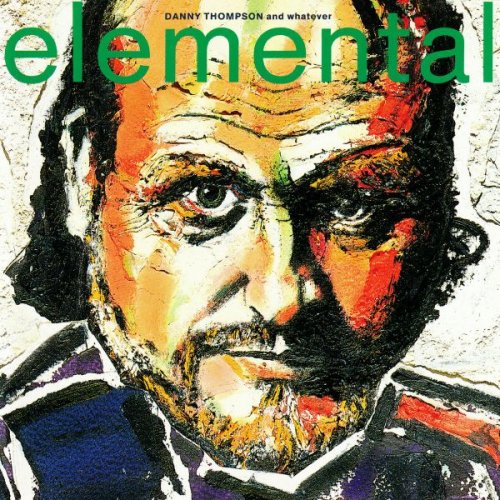
![Alexander Wienand - Strangers (2026) [Hi-Res] Alexander Wienand - Strangers (2026) [Hi-Res]](https://www.dibpic.com/uploads/posts/2026-02/1772172636_cover.jpg)